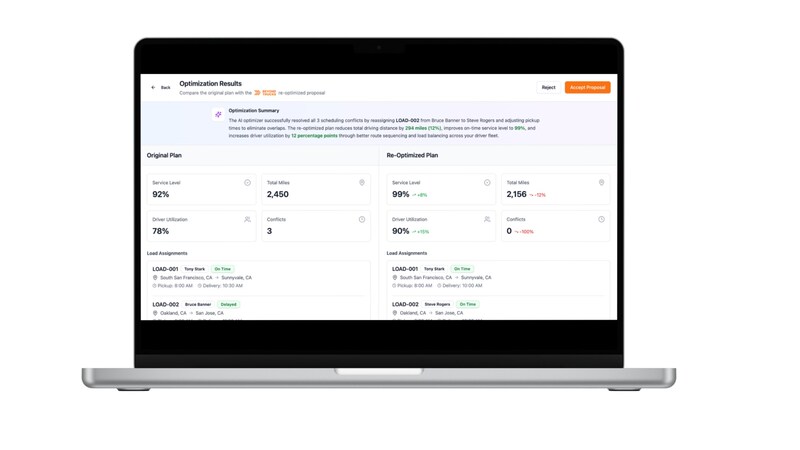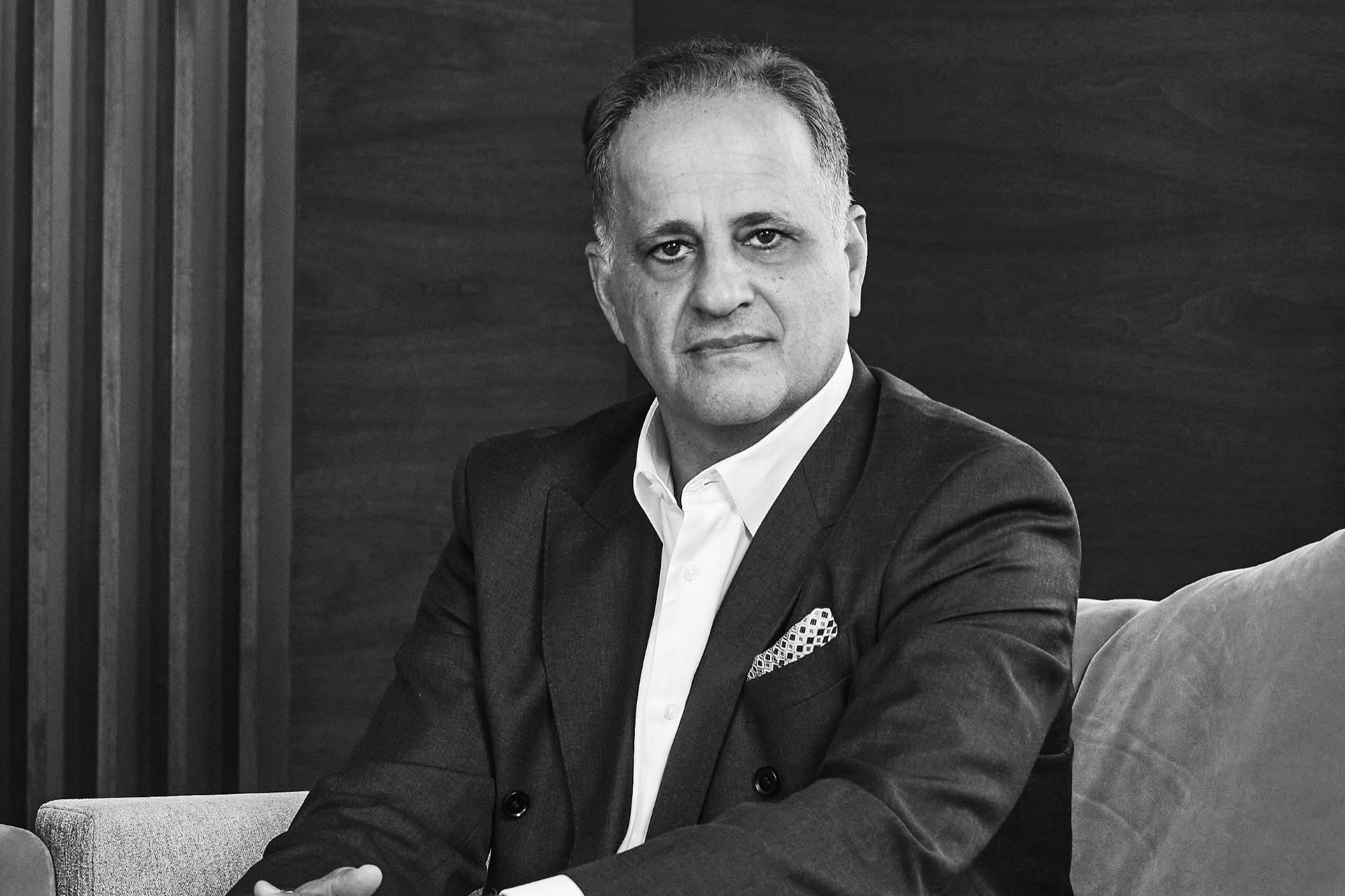Who We Are
At Navigate Ventures, we partner with the leading AI enabled B2B SaaS companies through early and mid-growth stages. With a focus on vertical SaaS platforms outside Silicon Valley once the early venture risk has been mitigated, we offer our investors a risk mitigated strategy, short holding period, and an accelerated path to DPI.
Learn More About Us





















































